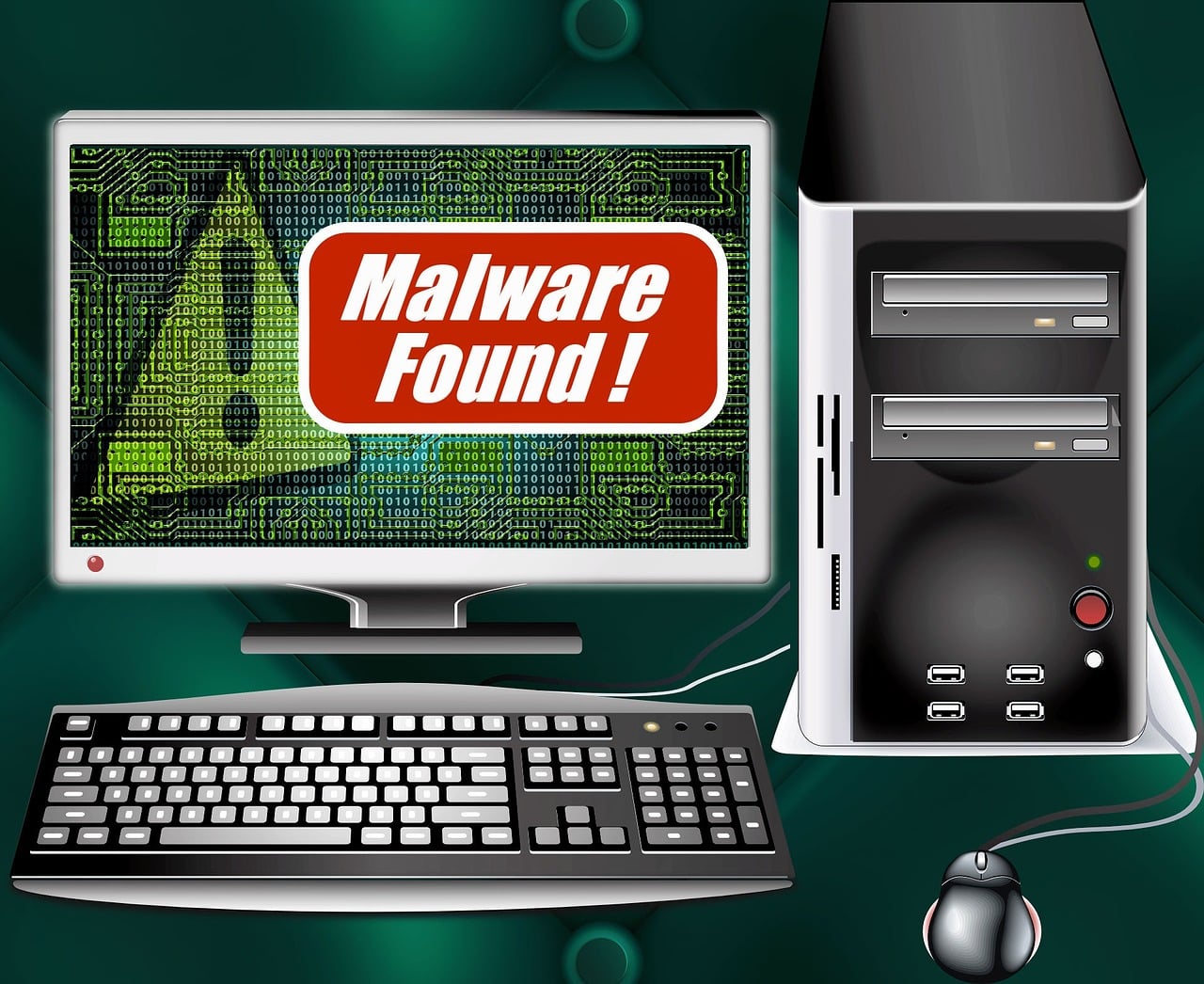Malware has become a serious issue over the last few years, infecting more computer systems on multiple platforms (Microsoft and Apple). As of yet there is no 100 percent effective way to stop all of these programs. This article will cover some basics of the effects of malware on computer users, warning signs and preventative measures.
The most common means of a malware program is no longer to steal information in the traditional virus sense (via keyloggers, monitoring web access, ect.) but is now primarily focused on voluntary submission of personal banking information for monetary gains. These programs use the annoyance factor and scare tactics to attempt to fool the common computer user into volunteering bank or credit card information to resolve the issues on their system, all while maintaining the appearance that this could possibly be a legitimate program.
How do you know whether you are infected or not? The most common is an unfamiliar program will suddenly appear claiming there is an issue with your computer system. Commonly malware disguised as a fake program utilizes several means of appearing legitimate, such as using logos or names of software or hardware components. Examples of this are XP Antivirus, Vista Anti-spyware, Hard Drive Diagnostics, and many variations. No legitimate program names its software like this because of copyright infringements and standard business practices. Even Microsoft, creators of the Windows platform, use their brand in their security software name (Microsoft Security Essentials, Windows Defender) as do major third party antivirus providers.
Successful ways to prevent infection of this software is to become familiar with your protection software so that you know when it is updated and should a malware program trigger you can recognize it as such. You may use the hotkey Alt+F4 to shut the malware program down should it bypass your virus protection, hopefully preventing infection. There are also companies that sell Malware Protection and do a better job at stopping these programs than an anti-virus provider.
The most notable effect of malware is lost time and productivity, since they will attempt to halt all work being performed on the system, some even prevent their removal. If the program is successful at obtaining your bank information there could be monetary effects to the infection as well. Overall the most important thing to do if you are unsure is to call your local computer store and inquire about it. You will find that in most cases they are happy to give you some advice to prevent further system damage and if it turns out you need repairs done they will be able to assist you with that as well.
I hope this article has assisted in your search on malware. Thank you for reading!


Recent Comments